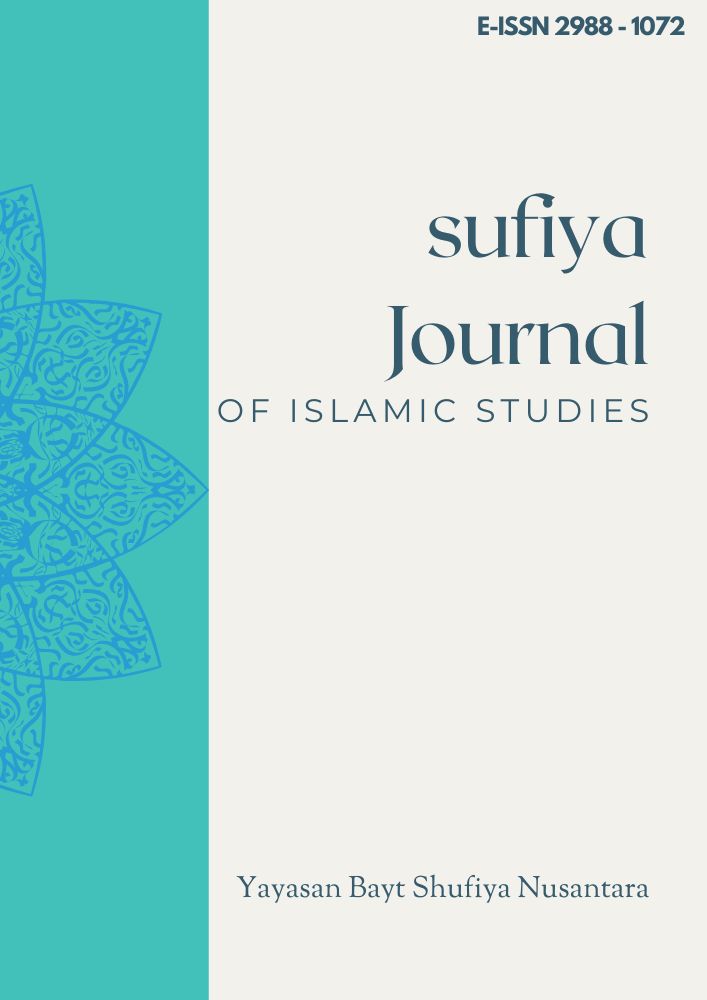A Semantic Analysis of Slang Words Used by Gen Z on Social Media
Keywords:
Semantic Change, Slang Words, Generation ZAbstract
This study explores the semantic shifts and pragmatic functions of slang words used by Generation Z on social media platforms such as TikTok, Instagram, and Twitter. Employing a qualitative-descriptive approach, the research analyzes primary data collected through content analysis and ethnographic interviews with Gen Z users. The findings reveal that slang words used by Gen Z undergo various semantic changes such as pejoration, amelioration, metaphorical extension, and narrowing driven by cultural, technological, and contextual factors. These linguistic innovations not only reflect the evolving communication style of youth but also serve as tools for identity formation, humor, emotional expression, and social bonding in digital spaces. The study contributes to a deeper understanding of language dynamics in digital culture and offers insights into the mechanisms of semantic change in contemporary slang.
References
Ardiansyah, M., & Lestari, S. (2023). Slang and cultural identity in Gen Z online discourse. International Journal of Linguistics, Literature and Translation, 6(4), 112–121.
Dewi, L. A., & Hidayat, T. (2023). Pragmatic and semantic features of Gen Z slang in online communication. Jurnal Kata: Penelitian tentang Ilmu Bahasa dan Sastra, 24(1), 45–60.
Fadillah, R., & Nurhayati, D. (2020). Youth slang in the age of digitalization: A linguistic innovation among Indonesian Gen Z. Jurnal Ilmiah Bahasa dan Sastra, 7(1), 30–41.
Hakim, L., & Safitri, N. (2022). The influence of digital culture on the development of new Indonesian slang. Humaniora, 34(3), 201–212.
Maulidia, R., & Fauzia, N. (2021). The use of slang in social media among Indonesian youth: A sociolinguistic study. Journal of Language and Literature, 9(2), 87–98.
Nugroho, A. Y., & Wulandari, S. (2022). Language and generation gap: A study on slang use by Gen Z and millennial in Indonesia. Linguistics and Literature Review, 8(1), 44–55.
Prasetyo, H., & Widodo, A. (2021). Semantic extension in Indonesian slang: A study of language creativity among millennials and Gen Z. Bahasa dan Seni: Jurnal Bahasa, Sastra, Seni, dan Pengajarannya, 49(2), 98–110.
Putri, R. A., & Rahman, F. (2022). The semantic shift of Indonesian youth slang on social media: A case study of TikTok and Twitter. International Journal of Language Studies, 16(3), 55–70.
Rachmawati, N., & Ayu, I. G. A. (2023). Digital slang and youth identity construction on TikTok. Indonesian Journal of Applied Linguistics, 13(1), 23–35.
Sari, M., & Wijayanto, A. (2021). Semantic change in youth slang used on Instagram. Lingua Cultura, 15(2), 112–122.
Downloads
Published
How to Cite
Issue
Section
License
Copyright (c) 2025 Devita Pingkan Sitohang, Bernieke Anggita Ristia

This work is licensed under a Creative Commons Attribution-ShareAlike 4.0 International License.














